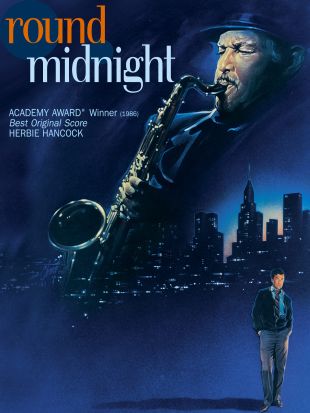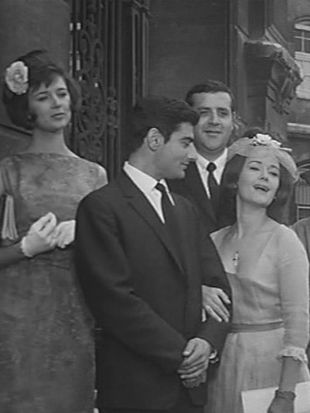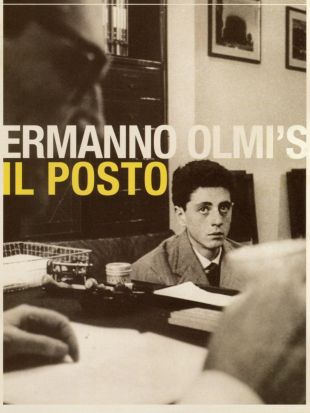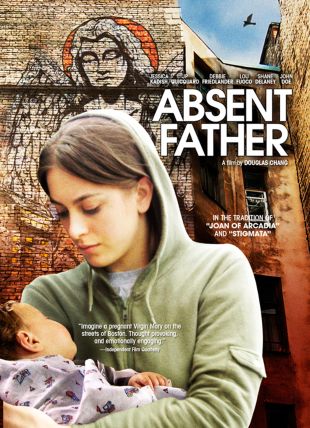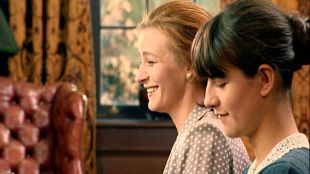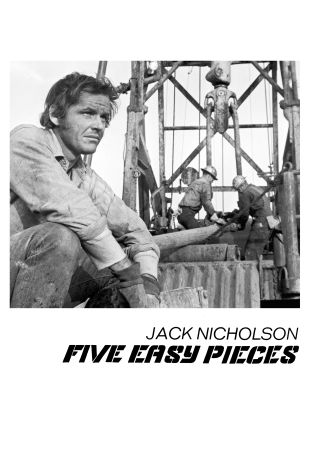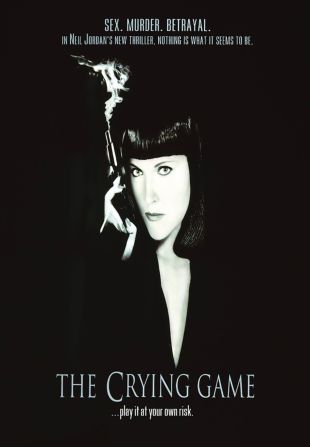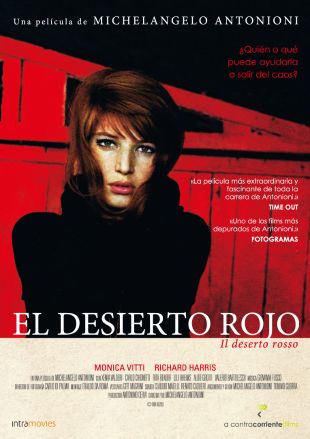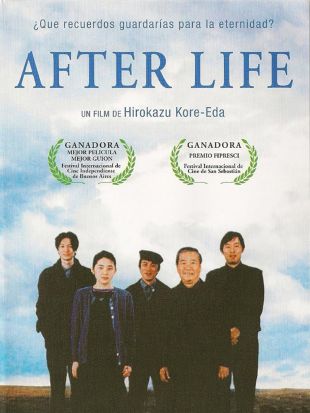Mne Dvadtsat Let (1964)
Directed by Marlen Khutsiev
Share on
Synopsis by Clarke Fountain
This movie was originally filmed in 1962 as Zastava Ilyicha (The Ilyich Gate). It was one of the first films that reflected the younger generation's resentment of the older generation's ways. The original title referred to Lenin's paternal name (his full name was Vladimir Ilyich Lenin). Even after the decanonization of Stalin, Lenin still remained the icon for the old generation. "Ilyich" was often used as an affectionate term in Soviet iconography. The film invoked Soviet premier Nikita Khruschev's sharp criticism. Meeting the studio members, he said: "Do you want us to believe in the scene where a father doesn't know how to answer his son's question "how to live?" At the censor's insistence the movie was re-cut and released under the "apolitical" title Mne Dvatdsat Let (I'm Twenty) in 1964. In 1991, the film was re-released and shown at the London Film Festival with ninety minutes of the original footage restored, resulting in a film which was 175 minutes long. In the story, a young man palling around in Moscow with his friends is forced to confront the realities of his future and choose a direction in which to go. His friends are likewise brought up short by their limited opportunities for realizing their dreams. They have jobs or schools waiting for them, which are things their parents didn't have, so their older relatives are puzzled by the youngsters' evident distaste for their choices. Some of the restored scenes include one in which the boy meets his father's ghost, and a long scene which takes place at a poetry reading. The ghost scene, among others, represented a significant break from hitherto obligatory film conventions of social realism.
Characteristics
Themes
Keywords
choices, disillusionment, future, generation, ideals, Soviet, youth
Attributes
High Historical Importance
